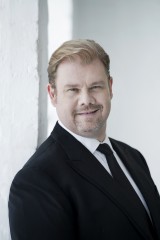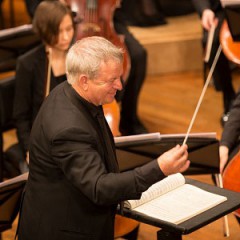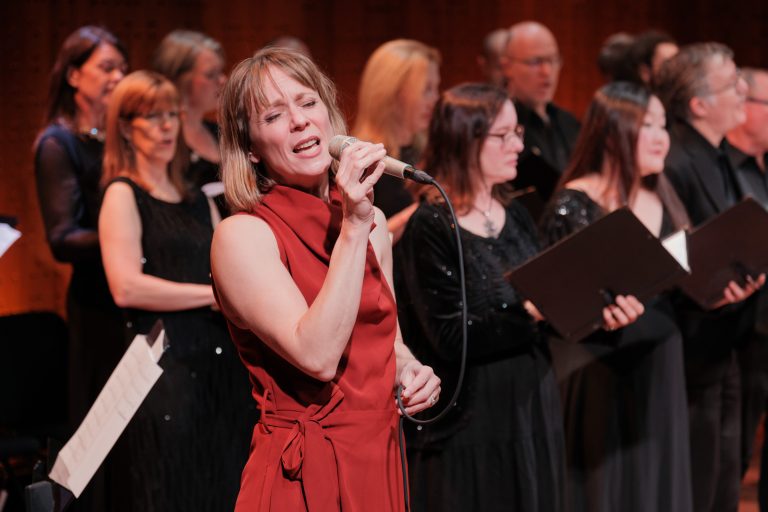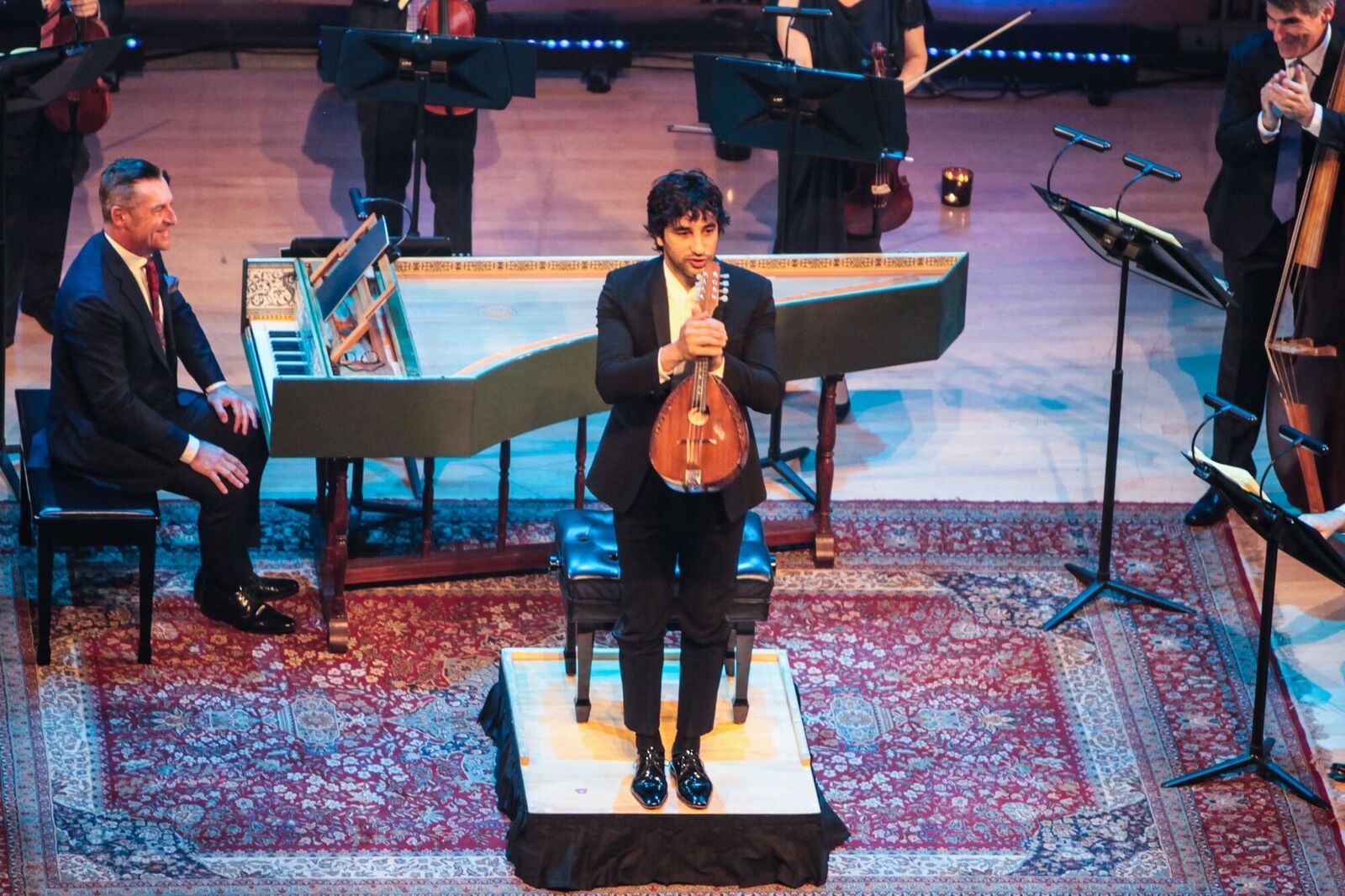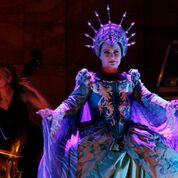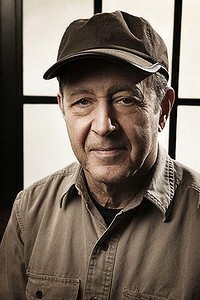Concert Review: Tristan and Isolde/ Stemme/ Skelton/ Bohinec/ Tasmanian Symphony Orchestra/ Letonja
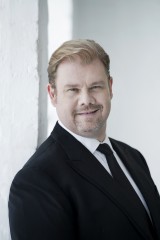
Tristan and Isolde – Nina Stemme soprano, Stuart Skelton tenor, Monica Bohinec mezzo-soprano, Tasmanian Symphony Orchestra conducted by Marko Letonja
Federation Hall, Hobart
November 19, 2016
Written by Deborah Humble
The Tasmanian Symphony Orchestra has excelled in a dramatically astounding performance of Wagner’s Tristan and Isolde.
Take the scenery, costumes and action away from drama designed for the operatic stage and you are simply left with the music itself. Wagner’s epic scores are entirely capable of speaking for themselves, but for a concert performance of Tristan and Isolde to be successful (even when presented as an abridged version), singers and musicians of exceptional ability are required.
Nina Stemme (soprano), Stuart Skelton (tenor) and Monika Bohinec (mezzo-soprano) together with the Tasmanian Symphony Orchestra directed by Chief Conductor and Artistic Director Marko Letonja managed to present a world-class evening of music to a sold out auditorium at Hobart’s Federation Hall on Saturday evening.
In keeping with Wagner’s notion of “endless melody” the carefully chosen excerpts melded seamlessly together providing the listener with the feeling that, although incomplete, a satisfying emotional journey had been undertaken in just over 100 minutes.
Nina Stemme is at the peak of her vocal abilities and delivered Isolde’s music with complete and impressive stillness, giving a performance of such nuance that it was impossible not to be completely riveted. Leaving the audience in no doubt as to why she is one of the world’s best, her detailed textual delivery oscillated between great vocal power and moments of sublime delicacy. Wagner called his Liebestod “Isolde’s Verklaerung” or her “coming to clarity” and here Stemme sang with both sensitivity and beauty managing to combine struggle and resolution with deceptive ease.
Every inch her artistic counterpart, Stuart Skelton commanded the stage from the moment of his first entry. A singer of exceptional technical skill and intelligence, it was clear from the outset that Mr Skelton not only sings the role of Tristan but that he understands and inhabits it. Fresh from performing the role at the Metropolitan Opera he delivered vocal lines of great warmth and integrity and always with a sense of the pervading drama.
As Branngaene, Monika Bohinec delivered the difficult Watch Song with a large, rich and beautifully full voice. Her awkward off-stage position may have accounted for the slight disconnect in timing between orchestra and voice.
Maestro Marko Letonja was at all times in control and, without any histrionics, managed to draw from the orchestra a full-blooded, homogenous and sweeping sound. From shimmering, transparent tremolos in the strings to climatic brass passages, the Tasmanian Symphony Orchestra impressed throughout the evening acting as both soloist, story-teller and accompanist. Special mention must be made of the hauntingly beautiful cor anglais solo delivered by Dinah Woods in Act 3.
The male chorus, prepared by Chorusmaster June Tyzack, delivered solid offstage entries, their ensemble marred occasionally by some rather strident sounds from the tenor section.
Preceded by that moment of exquisite silence which follows performances where intangible magic has occurred, a spontaneous, prolonged and much deserved standing ovation must have served to inform the artists that they had delivered something special.
As Maestro Latonja declared following the concert, it is difficult to know what repertoire he could now choose that might possibly follow the emotional and technical challenges and joys of a performance of Wagner’s ground-breaking Tristan and Isolde. Whatever is chosen I am in no doubt that there will be many willing enthusiasts to accompany the Tasmanian Symphony Orchestra on its musical journey.
Deborah Humble for SoundsLikeSydney©
Based in Hamburg, Germany, mezzo-soprano Deborah Humble is one of Australia’s most successful international artists.
Recent engagements have included Erda in Das Rheingold with the Hong Kong Philharmonic and in Siegfried at the Boston Symphony Hall, Brangäne in Tristan und Isolde in Mexico City, Judith in Bluebeard’s Castle in Melbourne, Elgar’s Sea Pictures at the Britannia in Bamberg Festival, 1st Maid in Elektra with the Hamburg State Opera, Parsifal with the City of Birmingham Symphony, Mahler’s Symphony No. 8 in Singapore at the Esplanade Theatre, Mozart Requiem with the Queensland Symphony and concerts in Italy for the Linari Classic International Festival. In 2017 she will appear with Opera Lille in The Flying Dutchman and sing Erda inSiegfried for the continuing Hong Kong Ring Cycle recorded for Naxos.
Ms Humble is a former member of the ensembles of Opera Australia and the Hamburg State Opera, where she had her international breakthrough in 2008 as Erda in a new production of Wagner’s Ring Cycle.
In 2016 she is acting as a mentor for Melbourne’s Melba Trust Opera Program was adjudicator of the City of Sydney Opera Scholarship alongside Margaret Baker Genovesi and Tahu Matheson. She has been included in the Who’s Who of Australian Women since 2009 and is an ambassador for Worldwide Cancer Research.

